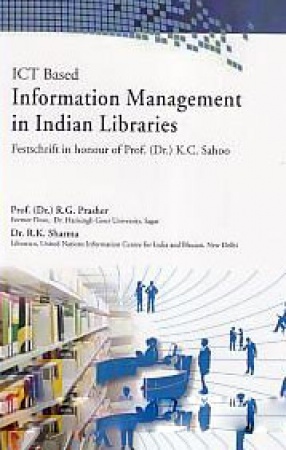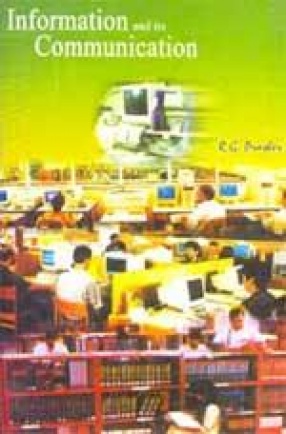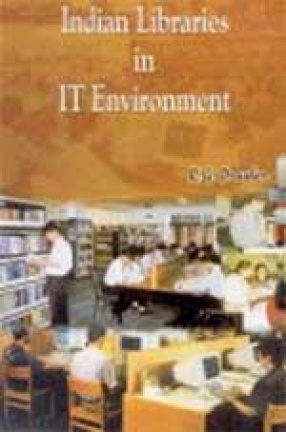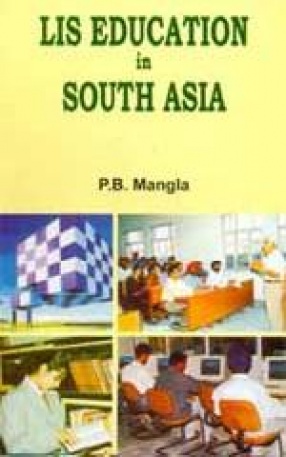
R.G. Prasher

Showing all 7 books




India’s University Libraries first three universities in modern India were established in 1857 in the metropolitan cities of Bombay, Calcutta and Madras. On the eve of independence in 1947, their number was 20. Today the number of the universities in India has swelled to over 250. This growth is indicative of the peoples’ will and government’s interest in the higher education. Prior to our independence, a library in the university was usually established ...

Development of all types is dependent on right decision. Right decision in turn depends on right information at the right time. Information communication involves the determination and evaluation of the information needs of the users, their information-gathering habits, the available sources of information and what they yield, communication of information through such services as Current Awareness Services as Current Awareness Service, Selective Dissemination of ...

In the days of information technology, librarianship is being pushed to the secondary place. Computer boys feel that they can replace librarians. It has become a fashion to talk about paperless society and virtual library without understanding their meanings and without undertaking the ground realities of the developing countries, like India, into account. Written records represent the social memory which has kept our culture and civilization alive and ...

There are users, of course, who would like to have a view of a particular Indian LIS journal in its totality, or access the information in the subject of their interest reported in that particular journal. In view of the need and desirability, a bibliographical and bibliometric study has been undertaken in respect of a much respected and reputed periodical, the Library Science with Slant to Documentation and Information Studies. The study consists of four parts: ...

The LIS scene is changing fast in the face of new challenges and in response to new demands. The advent of new technologies and their application to LIS work and services is further accelerating the pace of this change. Total knowledge and information, which is presently available in the libraries in the form of books and other documents, can now be put on the World Wide Web (WWW), making the libraries totally web-based. Knowledge and information of all types can ...

There is change in educational paradigms. The old model was based on classroom lectures, passive absorption, individual work, omniscient teacher, stable content and homogeneity. The new model is based on individual exploration, apprenticeship, team learning, teacher serving as a guide, fast changing content, and diversity in course contents. The technological implications of the new model networked workstations, collaborative tools, and skill development ...
